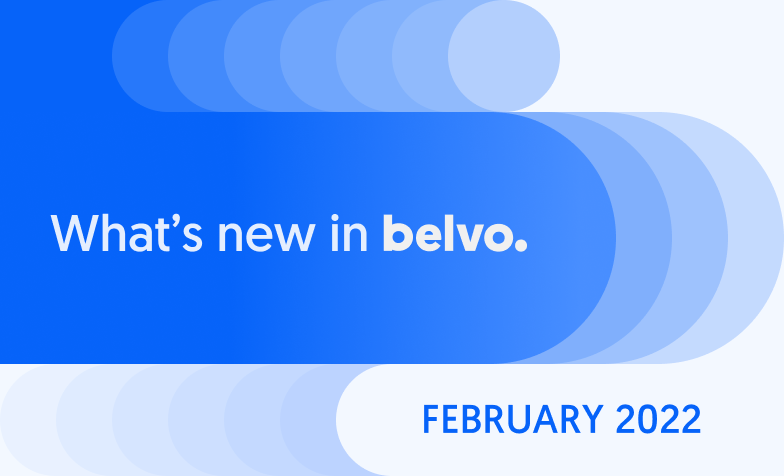We’re back this year with our most recent product updates, more coverage for our existing products and some nice new tricks to make our customers’ life easier!
We started the year with nice and practical features including new filtering capabilities in the dashboard, releasing new institutions for Investments and more. As customers’ feedback is really important to us, we also worked on developing new features in existing products as you requested, to make your life easier – enjoy!
Dashboard activity log search and filtering
Last month, we gave our activity logs a bit of a facelift. But since then, we’ve worked overtime to provide you with the best search and filtering capabilities to help you find and debug all your API activity 🤩. As of right now, you can:
- Search by link or request ID
- Filter by date, institution, endpoint, HTTP method or response code, and status
And yes, you can combine filters and search results to get even more granular results!
Activity logs debug
To make developers’ life easier, we also implemented a new feature on our activity logs to help you debug faster. From now on, when you click on any error entry, you’ll see the error code with an external link that will redirect you straight to our API documentation.
SAT blacklist status
We take pride in the fact that we always look for the best and most meaningful data for you. And this month, we’ve improved our SAT integration with the addition of the blacklist status for invoices! With this information, you can quickly see whether or not the invoice sender or receiver is currently on SAT’s blacklist.
New attribute to handle duplicate links
We love the feedback we receive from you! It means a lot to us and if we can improve our products based on it, we’re thrilled to do so. And with that, we’re happy to let you know that we released a new (and very practicable) feature to help our customers better handle duplicate links.
The new attribute called institution_user_id is a unique string that can be used to identify a user at a given institution. You can use this attribute to compare in your database if your user has previously connected an account or not. If you want to avoid duplicated links, you can choose to replace the existing link using the institution_user_id.
You can find more details on our API documentation – cheers!




